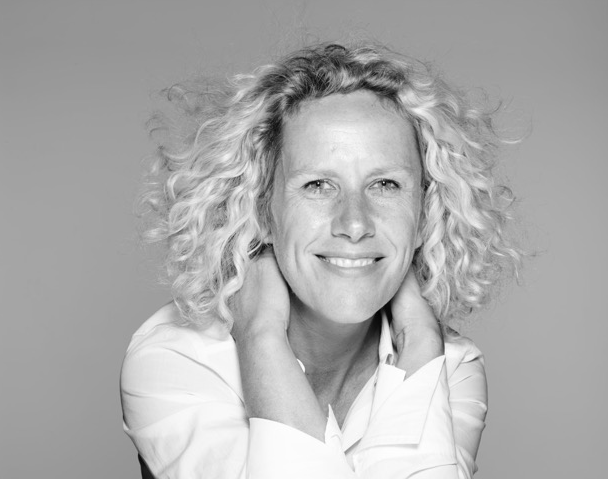Weekend Interview: Weight Watchers UK boss on the fight against obesity post-lockdown

During two lockdowns this year millions of us were stuck at home, moving less, eating more.
According to recent data from diet giant Weight Watchers, one in two people ate more during lockdown, while one in three drank more alcohol. Meanwhile, nearly one in two have been less active since the pandemic began.
To take Britain’s temperature, City A.M.‘s Michiel Willems caught up with Anna Hill, since August of last year the CEO of Weight Watchers in the UK.
Two lockdowns, millions of people working from home, eating more, moving less: your business must be thriving post-lockdown?
Like every other business, the pandemic posed challenges for us. With members unable to access physical workshops, we had to accelerate our digitisation plans and migrate thousands of members from physical workshops to virtual workshops. At the beginning of lockdown people were concerned about the basics, like getting food into their homes, but a few weeks in we saw many looking to change their habits and this has continued to increase.
Are there health inequalities that are brought on by Covid, for example, differences between men and women?
Yes, the pandemic has deepened these inequalities. Although mortality for men from Covid-19 is higher, women are bearing the brunt of indirect consequences to health. Women were less active, ate more and gained more weight than men in recent lockdowns, by up to 10 per cent, and many more felt increased anxiety. Financial and social issues, such as women facing greater unemployment in industries like retail and hospitality and being primary caregivers to children, have exacerbated their health issues.
“Obesity is a hugely complex problem. It’s about much more than weight loss and what you put in your body.”
Is the Covid vaccine the silver bullet to solve the health crisis?
We must not forget less prominent issues like health inequalities and well-being, which fuel problems like obesity, a killer during the pandemic and one that won’t go away once the vaccine is here.
Let’s stick with obesity for a minute: it is obviously a major problem in the UK, and beyond. What is in your view the best approach the government can take?
We welcome the government’s obesity strategy, it goes further than any previous in the UK, but to help people reach and maintain healthier weights and lifestyles, we need to drive scale and reach. Obesity is a hugely complex problem. It’s about much more than weight loss and what you put in your body, it’s about understanding individual circumstances and triggers around food, mindset, activity and sleep, to help people change habits long term.
You spent nearly two decades at Disney before joining WW. Why that jump from entertainment to a health driven-business?
I really enjoyed working at Disney but was excited about a challenge to help transform a business and focus on a brand that has true purpose, and it being around changing people’s lives. I was encouraged that being on the other side of 50 and being at a company for over 20 years would make it more challenging to explore roles, so this was the perfect time as I turned 50 this year.